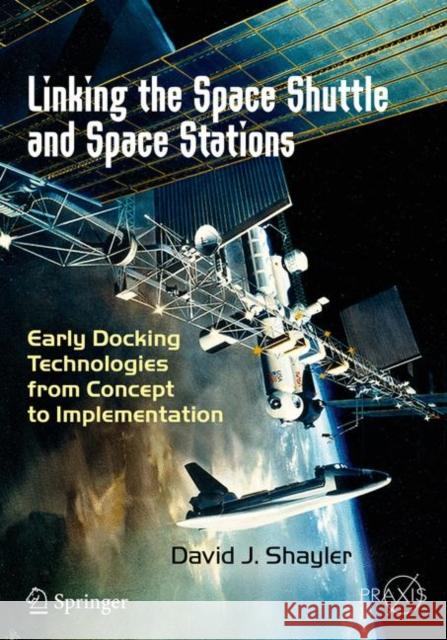Linking the Space Shuttle and Space Stations: Early Docking Technologies from Concept to Implementation » książka
topmenu
Linking the Space Shuttle and Space Stations: Early Docking Technologies from Concept to Implementation
ISBN-13: 9783319497686 / Angielski / Miękka / 2017 / 248 str.
Linking the Space Shuttle and Space Stations: Early Docking Technologies from Concept to Implementation
ISBN-13: 9783319497686 / Angielski / Miękka / 2017 / 248 str.
cena 112,68
(netto: 107,31 VAT: 5%)
Najniższa cena z 30 dni: 107,92
(netto: 107,31 VAT: 5%)
Najniższa cena z 30 dni: 107,92
Termin realizacji zamówienia:
ok. 16-18 dni roboczych.
ok. 16-18 dni roboczych.
Darmowa dostawa!
Kategorie:
Kategorie BISAC:
Wydawca:
Springer
Seria wydawnicza:
Język:
Angielski
ISBN-13:
9783319497686
Rok wydania:
2017
Wydanie:
2017
Numer serii:
000330654
Ilość stron:
248
Waga:
0.50 kg
Wymiary:
24.46 x 17.14 x 1.52
Oprawa:
Miękka
Wolumenów:
01
Dodatkowe informacje:
Bibliografia











